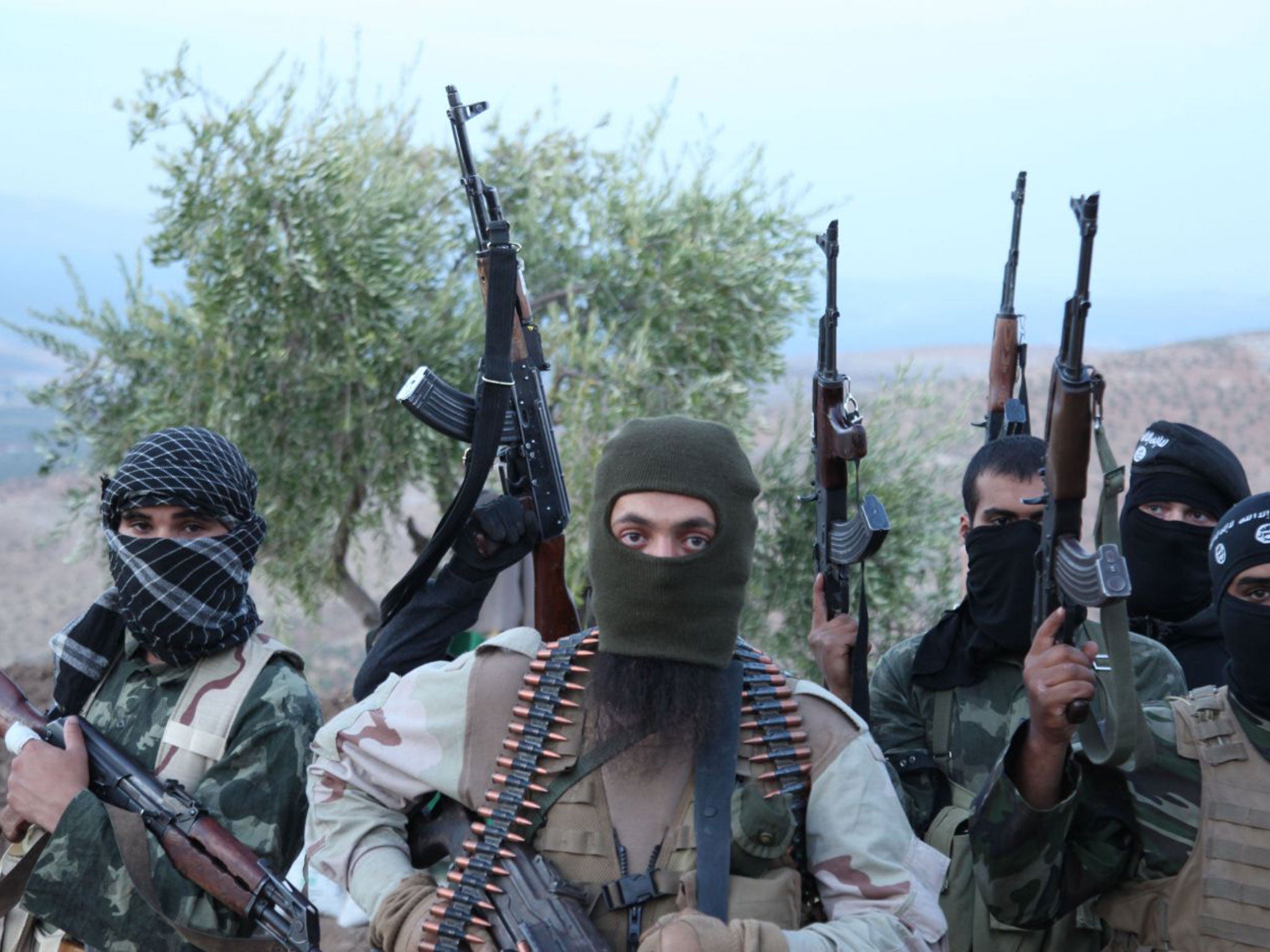For Turkey's aid workers, these cruel videos are part of the daily round

As each gruesome video is aired, the news filters through Turkey's southern city of Gaziantep to numb silence. The industrial city is a base for a international aid workers and Syrian refugees, and word travels fast there.
One aid worker told me: "These aren't just names: [they're] our friends, friends of friends, lovers, family – and they're just lined up in front of us. It's revolting."
Sleep comes late, if at all, on the evenings videos are released. Many of the workers are now questioning why these deaths are attracting so much attention when the killings and disappearances of thousands of Syrians go unreported. At first, the videos were talked about in the few bars around town; now there's nothing to say.
Aid workers in Turkey commonly split their time between Gaziantep and the border town of Kilis, near to where Steven Sotloff was taken; or between the equivalent crossing near Antakya and its border town of Reyhanli, near to where David Haines and Alan Henning were seized in Syria.
Since the spate of kidnappings in 2013, most international aid workers have stopped crossing the border, relying on local staff to run essential support programmes. Most NGOs moved from Antakya to Gaziantep at the behest of the Turkish government, which was uncomfortable with the anti-Syrian sentiment growing in the wake of the Reyhanli car bombing that left at least 50 people dead.
Gaziantep, 40 miles from the Syrian border, is regarded as the safest border city for NGOs and has become the centre of humanitarian work in northern Syria. Peter Kassig and his medical NGO start-up, Special Emergency Response and Assistance (Sera), were based there in the summer of 2013.
The former US soldier was shown at the end of the latest video message from Islamic State, or Isis, after the beheading of the British taxi driver and humanitarian Alan Henning. Like the families of most of the hostages, Mr Kassig's family, friends and colleagues have remained silent during their negotiations to free him after he was snatched during a trip to Deir Ezzor on 1 October 2013.
Despite knowing the risks, he had travelled to the isolated eastern town to deliver medical supplies. The town was under seige from the regime and receiving little aid. Now it is in the hands of Islamic State.
Mr Kassig founded Sera in Beirut in 2012 to provide first aid training and supplies to Syrians. Since his kidnapping, the organisation continued, until recently, to hold training workshops and deliver urgently needed supplies.
Emily Dakin, who co-ordinates NGOs working in northern Syria, said yesterday: "The NGO community is saddened and concerned by the kidnapping of humanitarian workers, especially in light of the critical aid that is being delivered by NGOs in northern Syria. We hope this trend does not continue. The ability to deliver aid to people who are most in need inside Syria must be respected."
In the past few days, as regime forces have closed in on Aleppo, NGOs are drawing up emergency plans to cope with a seige. Clashes between the Syrian Arab Army and pro-Assad militias – including Hezbollah, which is battling Syrian rebels for control of the strategic supply town of Handarat – threaten the route for the few hundred thousand civilians still inside the part of the city controlled by the opposition.
But while the violence continues south of the border, the streets of Gaziantep feel as safe as ever, despite reports that 19 militants were arrested in the province at the beginning of September.
The world's media is focused on Islamic State's march on the Kurdish city of Kobani, also known as Ayn Al-Arab, but IS has been in control of Jarablus and Tel Abyad – two other towns along the Turkish border – for around a year.
As the threat increases, foreigners are being warned to take extra precautions while travelling near border towns such as Kilis or Reyhanli, to guard against being snatched and smuggled across the border.
